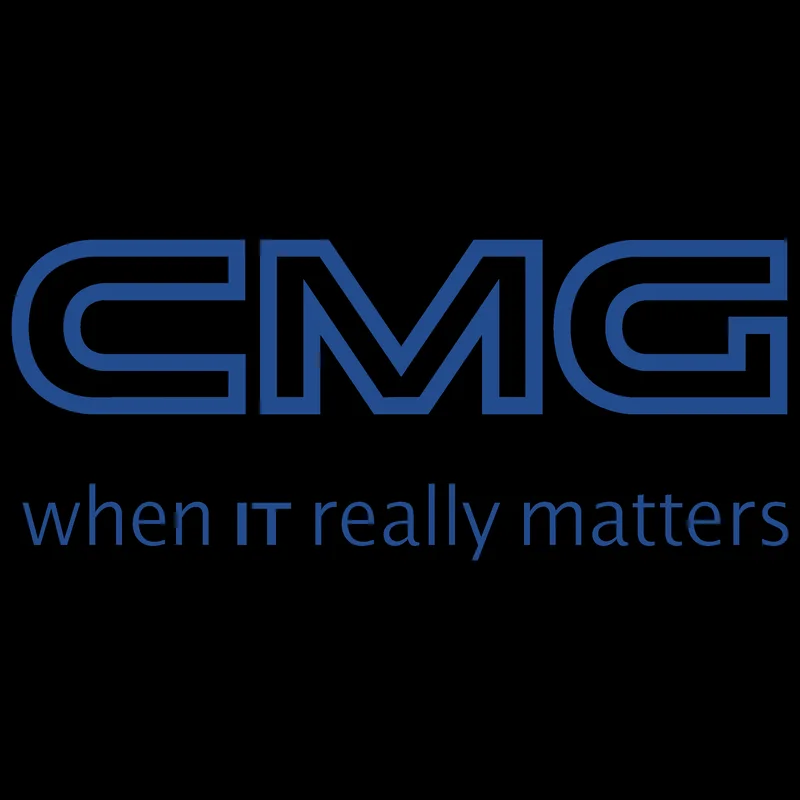The End of Genre: Why One Songwriter's New Deal Signals a Revolution in How We Create
On the surface, it’s just another piece of industry news from Nashville. A highly respected songwriter, Dave Barnes, signs an exclusive publishing deal with a major player, Capitol CMG Publishing. It’s the kind of announcement that flashes across trade publications, gets a few nods from insiders, and then fades into the background noise of a bustling creative economy.
But I’m telling you, if you look closer, this isn't just a handshake deal. It’s a tremor. It’s a data point that signals a fundamental rewiring of our entire creative landscape, a shift that has been building for years and is finally breaking through at the institutional level. What we're witnessing here isn't just a smart business move; it's a formal acknowledgment that the old, rigid walls between creative genres are dissolving. And the catalyst, the force turning these walls into dust, is the very technology that connects us all. This is about so much more than one artist—it's about a new map for creativity in the 21st century.
The Algorithm of Authenticity
Let’s take a step back. For the better part of a century, our culture was organized into neat, tidy boxes. You had the country music radio station, the pop station, the Christian rock station. Record stores had strictly defined aisles. This was the "analog" model of curation, a system built on categorization and limitation. It was the Dewey Decimal System for the soul. But it was never a true reflection of how we, as humans, actually experience art. Did you ever feel like you were only a rock fan, or only a hip-hop head? Of course not. Our tastes have always been fluid, personal, and emotional.
Then came the digital revolution. Streaming platforms, recommendation engines, and social media didn't just change how we consume music; they changed how we discover it. The algorithm doesn’t care about record store aisles or radio formats. It cares about patterns. It hunts for connections—in melody, in lyrical themes, in emotional resonance. It operates like a neural network, building bridges between songs and artists that the old gatekeepers would have insisted belonged on separate continents.

This is where a songwriter like Dave Barnes becomes so profoundly important. Look at his track record. He pens a No. 1 smash for country superstar Blake Shelton ("God Gave Me You"), a chart-topper for Thomas Rhett and Maren Morris ("Craving You"), and another for Christian artist Bethany Dillon ("All I Need"). He’s collaborated with everyone from pop singer Ingrid Michaelson to folk-rocker Ben Rector. Barnes isn’t a "country writer" or a "Christian writer." He’s a human writer. He writes songs that tap into fundamental truths, and those truths resonate across demographics. He is, in essence, a perfect node for this new, interconnected network. So, the real question this deal forces us to ask is: Is the industry's architecture finally evolving to match the borderless reality that artists and audiences have been living in for years?
A Blueprint for the New Creative Economy
This is what makes Capitol CMG’s move so fascinating. Note the name: Capitol Christian Music Group. Yet, in Dave Barnes Inks With Capitol CMG Publishing, both Barnes and the publisher explicitly celebrate the push into the country market and other genres. When I first read that, I honestly just sat back in my chair with a huge smile. This is the kind of system-level thinking that changes industries. This isn't just about signing a versatile writer; it's a deliberate, strategic pivot based on a profound understanding of the modern audience.
They are leveraging cross-platform synergies—in simpler terms, they know that the data proves a fan who connects with the heartfelt storytelling in a Blake Shelton ballad is highly likely to respond to the emotional power of a band like NEEDTOBREATHE, and the algorithm will connect those dots every single time. This isn't just about business, it's about a fundamental recognition that human emotion doesn't fit into neat little boxes and the technology we've built is finally reflecting that beautiful, messy reality back to us, creating a feedback loop that makes our cultural ecosystem richer and more diverse.
This is a blueprint. It’s a model for how creative institutions can thrive in an age of fluidity. Instead of defending the walls of a single genre, they’re building a hub with pathways to many. They’re betting on the artist, not the category. Of course, this new paradigm comes with its own set of responsibilities. As these lines blur, how do we ensure that artists retain their unique identities and aren't just flattened into algorithm-friendly commodities? How do we celebrate the distinct cultural traditions of genres like country or gospel while also embracing their shared emotional language? The challenge isn't just to tear down the old walls, but to build something more intentional and human-centric in their place.
The Walls Are Coming Down
So, no, this isn't just a story about a contract. It's a glimpse of the future. The deal between Dave Barnes and Capitol CMG is a microcosm of a much larger, tech-driven creative revolution. It’s proof that the most valuable currency in our interconnected world isn't adherence to a label, but the ability to create authentic, emotional connections that transcend them. We are moving from a world of rigid categories to one of fluid networks, and it’s a fantastically exciting time to be a creator and a fan. This is the beginning of a more honest, more connected, and far more interesting era of human expression.
